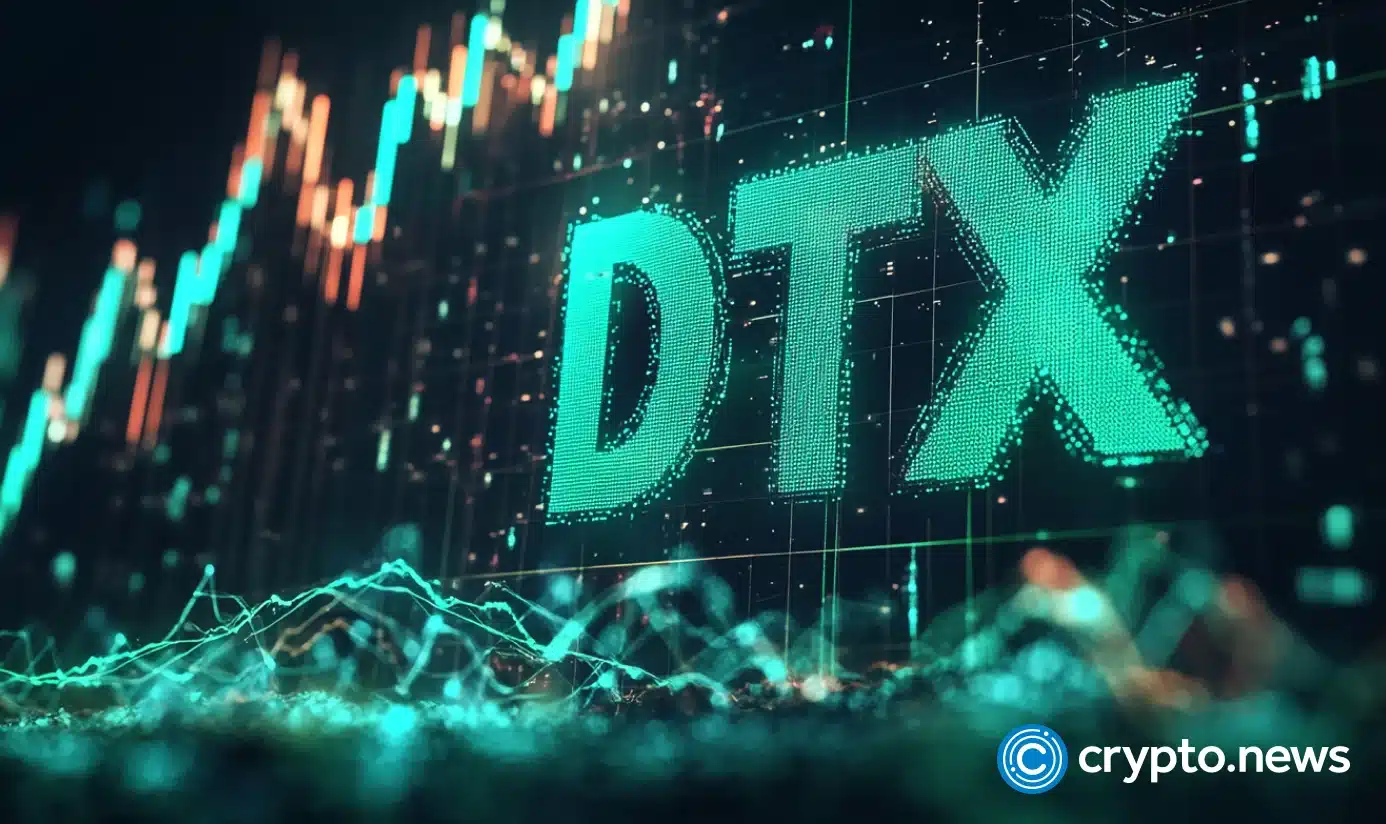
Traders work on the floor of the New York Stock Exchange during afternoon trading on Sept. 5, 2024.
Michael M. Santiago | Getty Images
Stock futures inched lower after the Dow Jones Industrial Average registered its longest losing streak since 2018.
Futures tied to the Dow dipped 80 points, or about 0.2%. S&P 500 futures edged down 0.2%, while Nasdaq-100 futures lost 0.1%.
The overnight moves followed a mixed session on Wall Street. The Dow dipped 0.25%, or nearly 111 points, falling for an eighth straight day for the first time since June 2018. The Nasdaq Composite gained 1.2% and hit a fresh intraday high, while the S&P 500 edged up nearly 0.4%.
Those moves came without the cooperation of market bellwether Nvidia, which pulled back 1.7%. Shares of the chip giant are down more than 4% this month, even as the broader indexes and semiconductor names such as Broadcom touched new highs. Alphabet, Apple and Tesla also hit all-time highs on Monday, while the S&P’s tech and consumer discretionary sectors closed at records.
Traders await the Federal Reserve’s next rate decision, slated at the conclusion of the central bank’s final 2024 two-day policy meeting Wednesday. The gathering kicks off Tuesday.
Traders are pricing in a 95% chance of a quarter-point cut Wednesday, according to CME Group’s Fed Watch tool. Insight into future policy moves from the meeting and Chair Jerome Powell’s press conference following the meeting, however, remain key focal points for Wall Street.
As the end of 2024 approaches, investors also remain focused on prospect of a rally into year-end after another strong performance for stocks that has pushed all the major indexes to new highs.
“The market does like to climb a wall of worry,” CFRA’s chief investment strategist Sam Stovall said Monday on CNBC’s “Closing Bell: Overtime.” “Historically, following an up year in the S&P 500, you want to let your winners ride.”
Since 1990, he noted that the top three sectors in a given calendar year tend to outperform in the next year by about 300 basis points on average 75% of the time. But the potential of tariffs under President-elect Donald Trump’s new administration could be a reason for some concern heading into 2025.
“If you are going to worry about something, it is that the tariffs are not just talk but truisms, and that we will actually be putting up barriers to trade,” Stovall said. “If that is an actuality, I think that could be a very big problem.”







